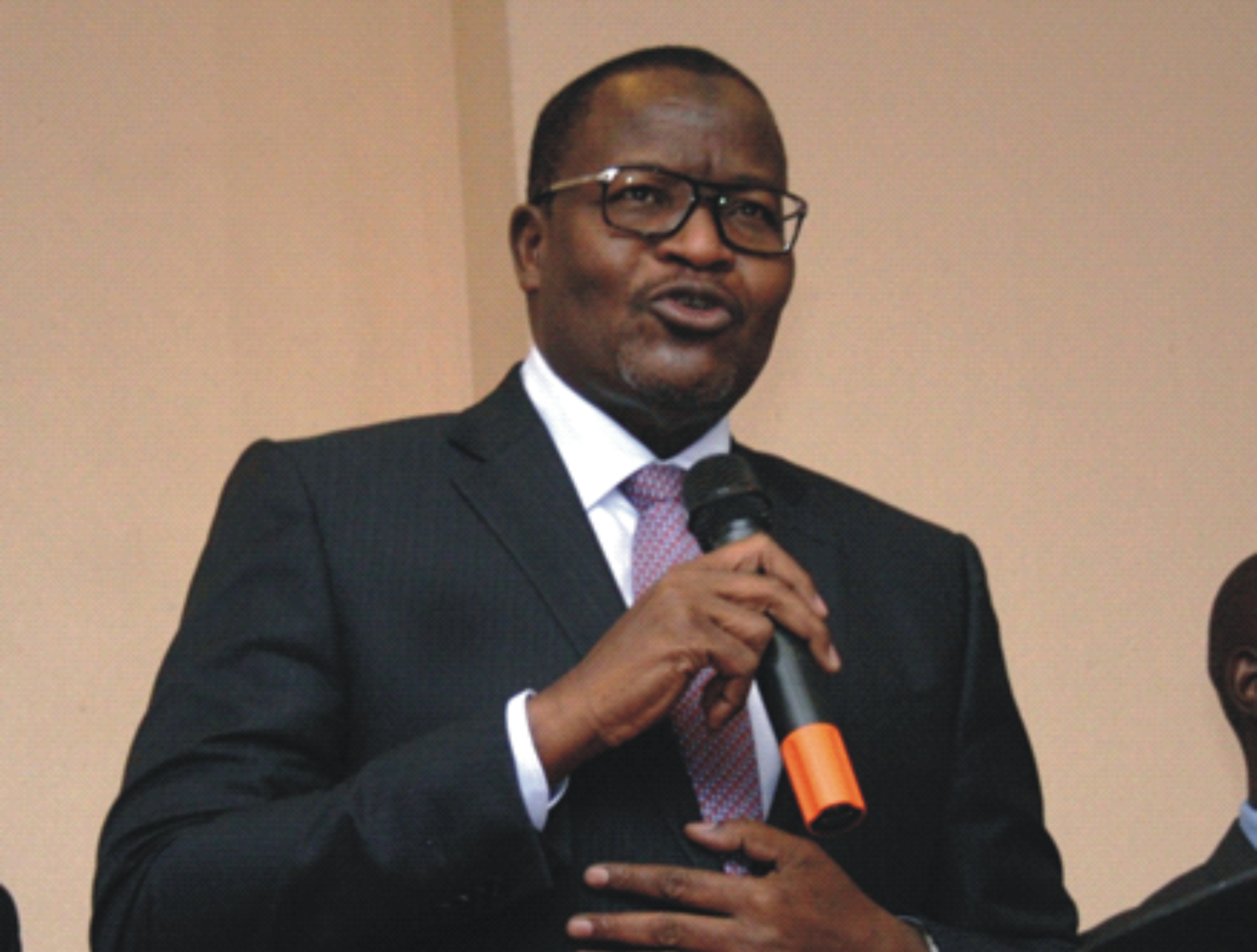NCC boss proposes massive investment in internet infrastructures, as users in Africa hit 388m
November 30, 20171.6K views0 comments
In order to stimulate the growth and harness the opportunities of technological advancement, Umar Danbatta, the Executive Vice Chairman, Nigeria Communication Commission (NCC), said massive investment in internet infrastructures is needed, particularly broadband, which will enable job creation, economic growth, and global competitiveness.
Speaking at the opening ceremony of the 27th session of African Regional Internet Registry (AFRINIC), meeting with the theme: “Taking the African Internet to the Next Level through Policy, Collaboration and Education” in Lagos, Danbatta disclosed that internet development in Africa grew from about 4.5 million users in 2002 to over 388 million in 2017.

According to him “African Regional Internet Registry AFRINIC, has contributed a lot in providing platforms for Internet Development in Africa, from about 4.5 million Internet Users in 2002 to over 388 Million users in 2017.
“The growth of the Internet Industry in Africa comes with the challenge of sustaining its development to ensure that the industry maintains global relevance and contends with challenges of low Internet penetration.”
Read Also:
- AVCA rallies for investment uptick to unlock $2.3trn of domestic capital…
- IMF forecasts Africa's population boom can fuel economic growth with…
- NCDMB sees Nedogas $1m investment returns nurturing prosperity in oil sector
- South Africa and the renaissance of xenophobia
- ASR AFRICA funds UNIJOS NUGA goal with N250m sports complex
He said massive investment in internet infrastructures can be achieved through sustainable policies and collaborative efforts.
He said, “As the internet evolves, so also does cybercrime. This remains an immense challenge for internet development in Africa and the entire world, crucial collaboration within sub-regional and regional needed and this is the key to preventing and mitigating cyber attracts.
“NCC is partnering with relevant agencies to provide proactive measures in mitigating cybercrime. The Commission is setting up a Sectorial Computer Security Incident Response Team (CSIRT) centre that will collaborate with the ngCERT (domicile in the office of the NSA), in tackling issues that relate to the telecommunications industry in the fight against cybercrime.”
On the international scene, he said “Nigeria through NCC, is partnering with International Telecommunications Union (ITU) to set up Africa Regional Cybersecurity Center (RCC) in Abuja. The centre will be used for Africa Regional Cybersecurity information sharing (cyber-attacks, threats, malware and viruses etc) and also to train countries within the Africa sub-region on Cybersecurity related issues.
“Broadband access is key to any national development agenda, and the Nigerian National Broadband Plan (NBP) 2013 has set a target of 30% penetration by 2018, The Commission (NCC) recognizes its prime responsibility in the actualization of the NBP, as one of the strategic objectives revered in its 8-Point Agenda, “facilitation of broadband penetration” which will enable the NCC meet and even surpass the 30% target of broadband penetration in the country by 2018, as at September 2017 (Broadband Commission 2017), the Nigeria broadband penetration stands at 21.8%.
“In this regard, the commission’s efforts in the actualization of increased broadband penetration in Nigeria can be seen in this direction; Two slots in the 700MHz band have been earmarked for Commercial Broadband deployment;
“The 800MHz band also known as the Digital Dividend 1 has been re-planned and licensed for 4GLong Term Evolution(LTE) deployment; the 900MHz E-GSM band has been licensed for 4G LTE deployment.
“70/80GHz band (E-Band) has been opened to facilitate Broadband deployment; 2.3 GHz band was licensed for 4G LTE Deployment; part of the 1800MHz band has been re-farmed by some Mobile Operators for 4GLTE deployments.”
